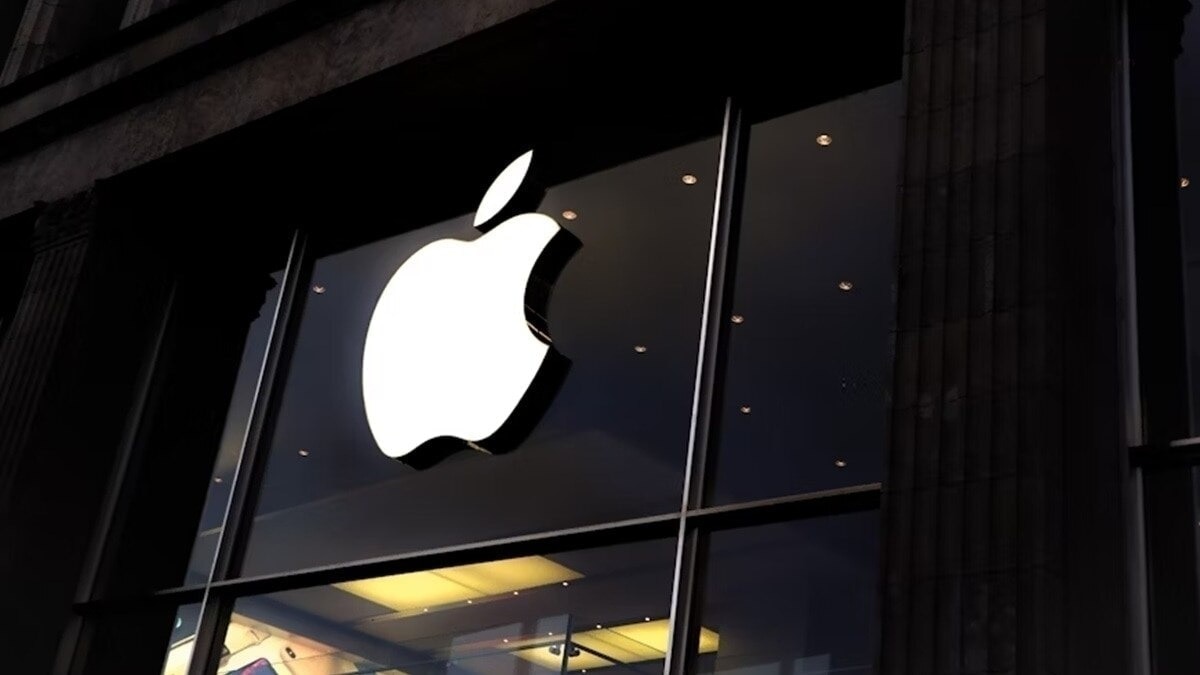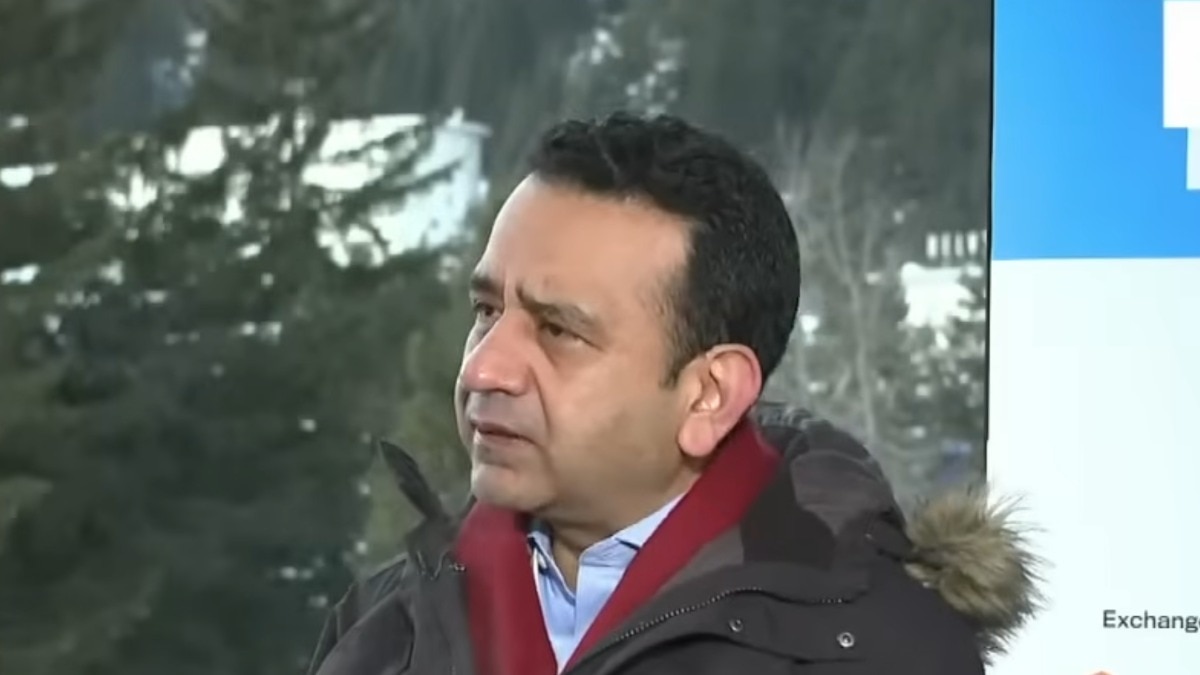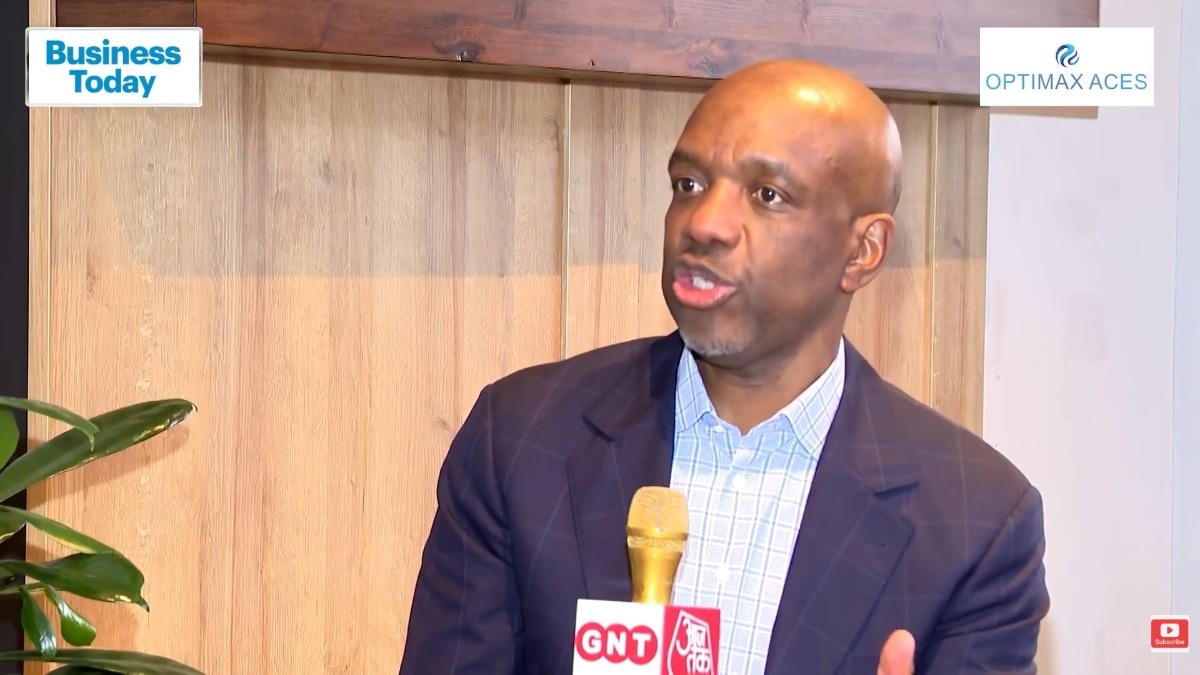Highlights
Apple’s Legal Challenge on Encryption and Data Access in the UK
Apple has initiated a legal contest against a directive from the UK government mandating the company to establish a system for allowing law enforcement to access encrypted cloud data. This appeal, submitted to the Investigatory Powers Tribunal, arises in response to a confidential instruction from the Home Office issued in January, which called for Apple to facilitate access to iCloud backups in instances involving national security or significant criminal activities, as reported by the Financial Times and BBC News.
In lieu of complying with this demand, Apple has chosen to suspend its Advanced Data Protection (ADP) feature within the UK. ADP is an optional security feature that provides end-to-end encryption for cloud data, ensuring that even Apple cannot access the stored messages, photos, and files. By discontinuing this feature for users in the UK, Apple has effectively guaranteed its ability to retrieve specific iCloud backups, including duplicates of iMessages, when legally required.
The Ongoing Debate on Encryption and Access to Private Data
This decision has revived a worldwide discussion regarding encryption and governmental access to private information. Law enforcement officials contend that encryption obstructs inquiries into serious crimes such as terrorism and child exploitation. Conversely, privacy advocates caution that diminishing encryption could lead to security vulnerabilities for all users.
International Criticism and Legal Implications
Apple’s choice to deactivate ADP in the UK has drawn backlash from privacy defenders, while the UK government asserts that access to user data will be granted only in exceptional situations. A spokesperson from the Home Office informed the BBC that privacy protections remain intact, asserting that “privacy is only affected on an exceptional basis, in relation to the most severe crimes and only when necessary and proportionate.”
The directive has also faced scrutiny from the United States. Former US President Donald Trump equated the UK’s requests to practices commonly associated with China during an interview with The Spectator. At the same time, US authorities are exploring whether the UK’s stance breaches the CLOUD Act, a data-sharing regulation that prohibits the UK from independently demanding access to the data of US citizens.
Tulsi Gabbard, the US Director of National Intelligence, has reportedly expressed apprehensions in a letter, indicating that she was not informed prior to the UK’s request and that an investigation would determine if Britain acted beyond the bounds of its agreements with the US.
Apple’s Ongoing Legal Proceedings
While Apple has not publicly addressed its legal challenge, reports from the Financial Times suggest that the case may be reviewed in the forthcoming weeks, although it remains uncertain whether the proceedings will be conducted publicly. The Investigatory Powers Tribunal has yet to reply to requests for clarification regarding the matter.
The UK government has neither affirmed nor denied the existence of the order, citing legal constraints that prevent such revelations. According to UK legislation, companies receiving technical capability notices are prohibited from discussing them publicly. Nevertheless, the Home Office maintains that its policies are designed to protect citizens from severe crimes while upholding essential privacy protections.
Apple has consistently reiterated its commitment to preserving its security features, expressing regret over the necessity of taking this step in the UK. The company’s determination to contest the order escalates a crucial legal struggle concerning data privacy, governmental surveillance, and the evolving landscape of encryption within the UK.







